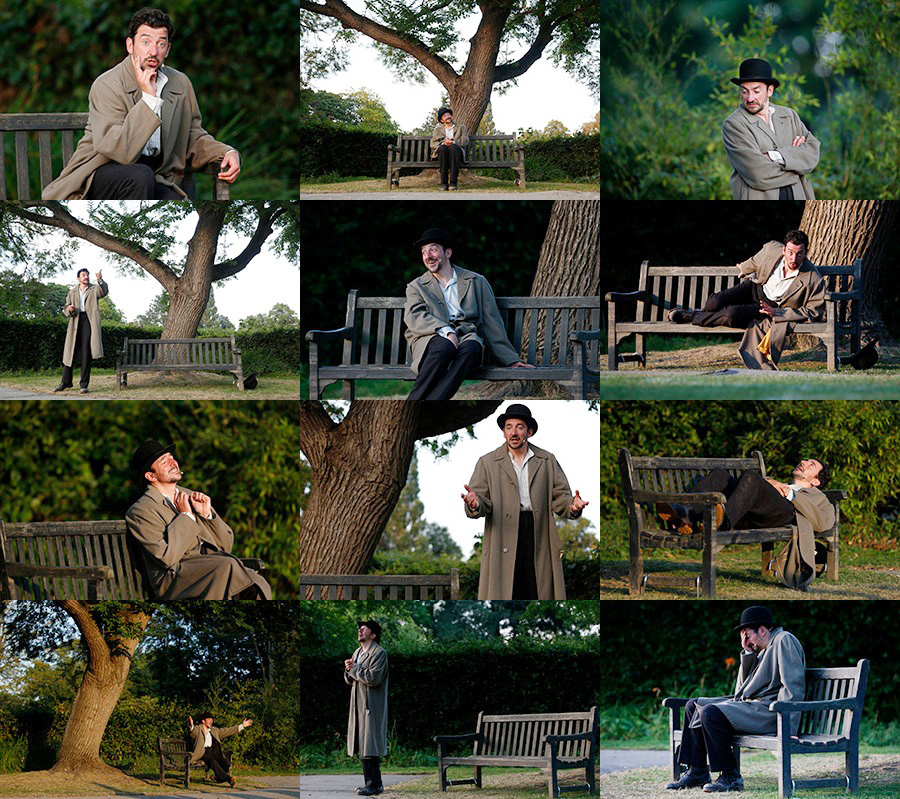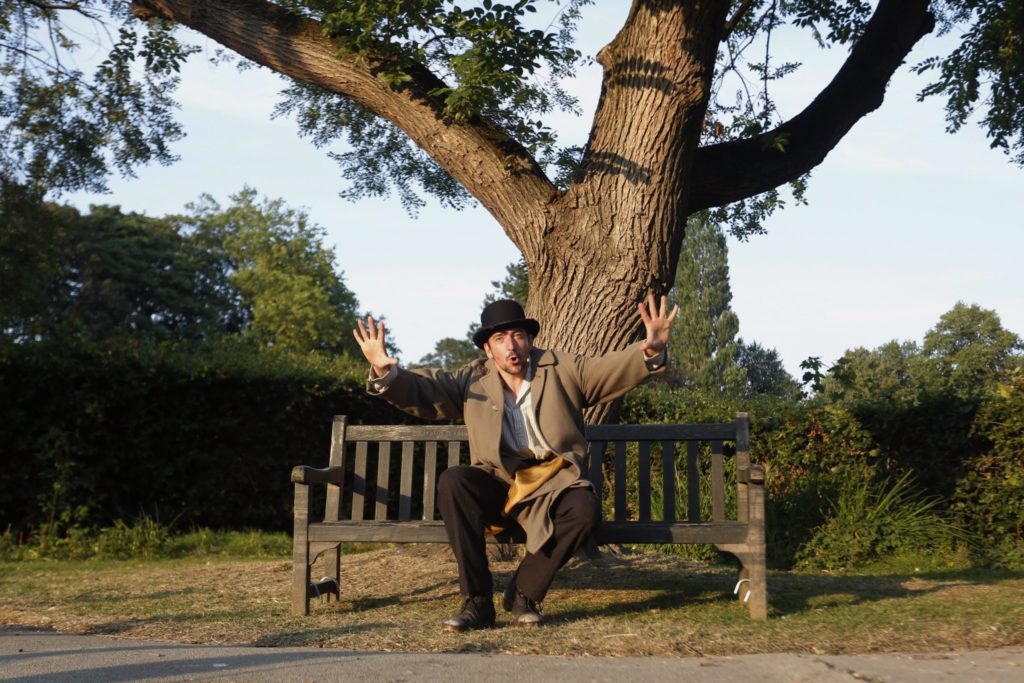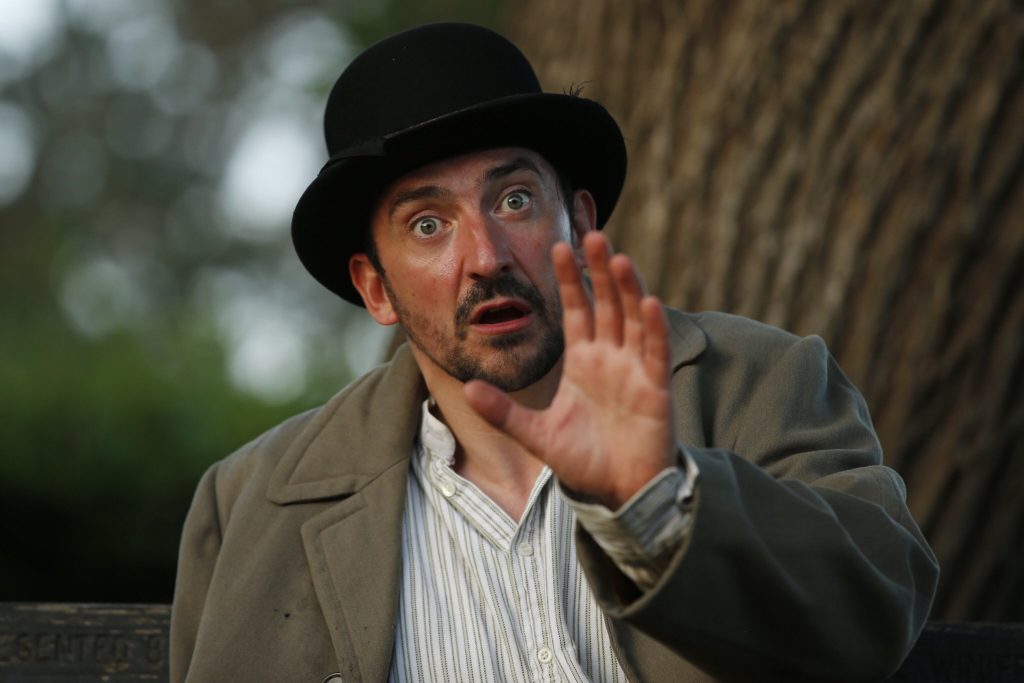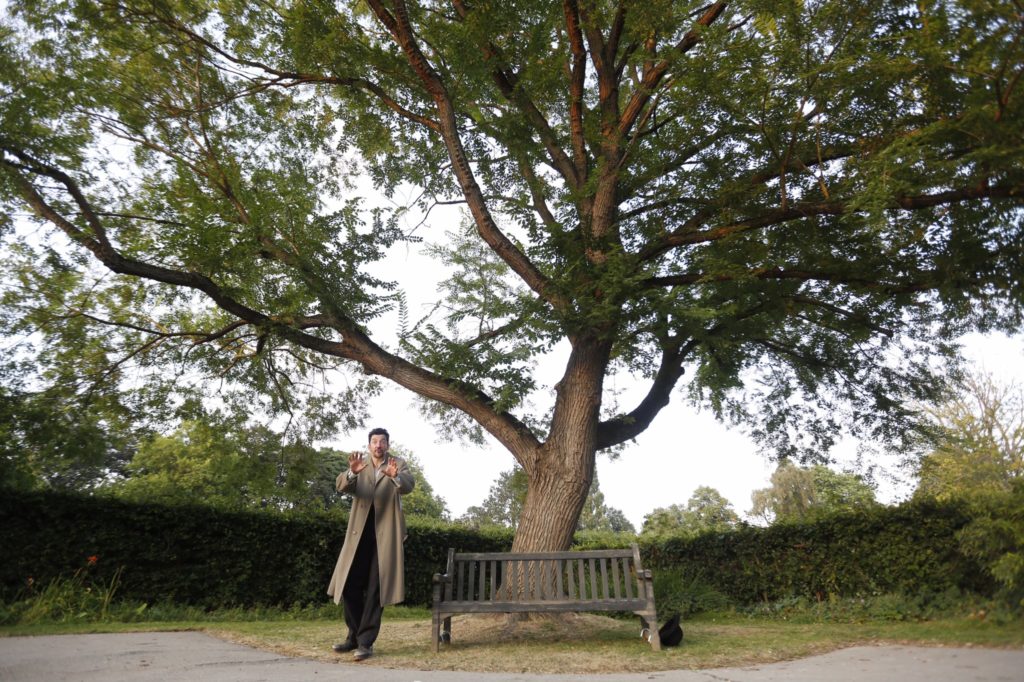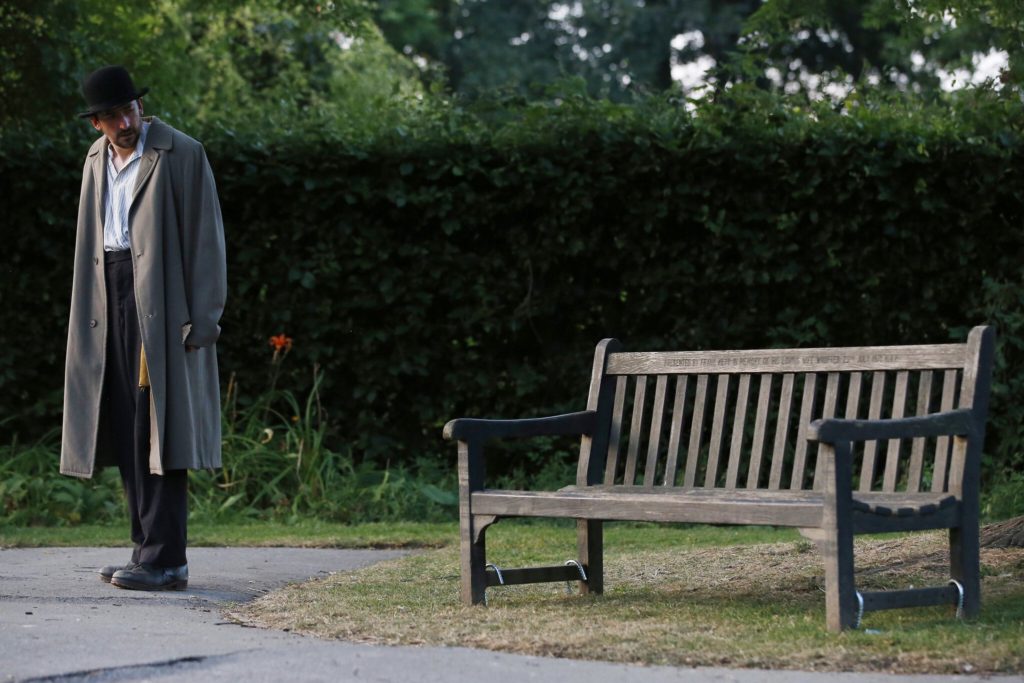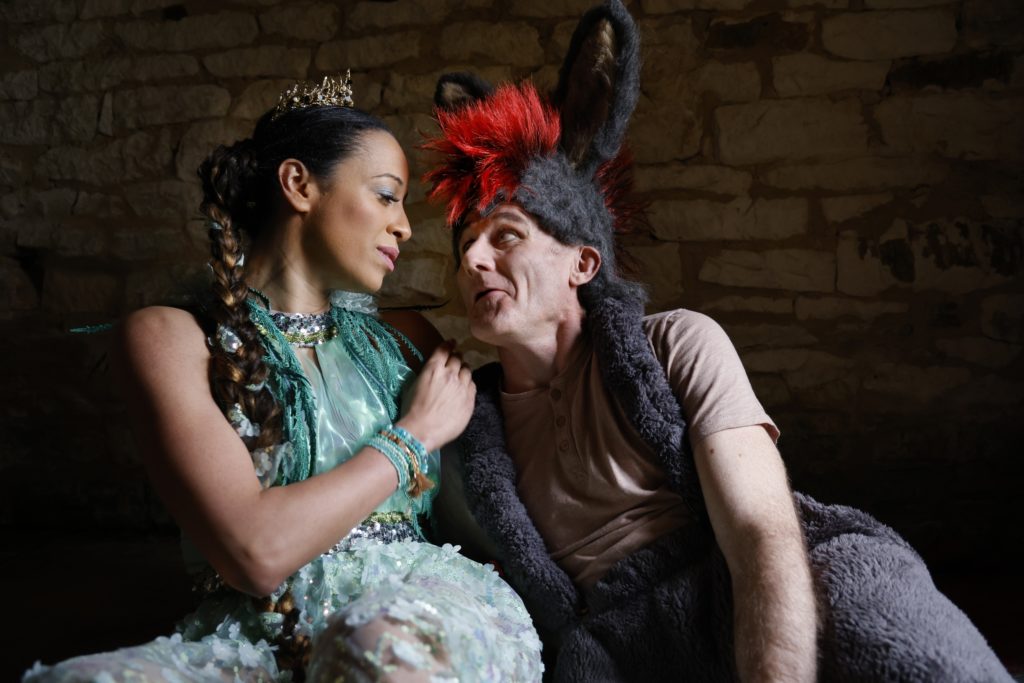
PROFESSIONAL clown Tweedy will be making an ass of himself as “rude mechanical” Nick Bottom in A Midsummer Night’s Dream at York Theatre Royal from April 9 to 13.
Cheltenham Everyman Theatre Company director Paul Milton has not only put this new twist on Shakespeare’s tale of magic, mischief and mayhem but appointed the Scottish-born performer as the “comedy advisor” too, utilising his clowning knowledge to give the touring production a modern facelift.
“Throw in Tweedy’s physical slapstick, and we think this is a really enjoyable show for everybody, especially families and students,” says Milton of his aim to “create an accessible Shakespeare show that will appeal to a present-day audience”.
Tweedy will be making his second appearance in York after being one of 35 international acts in Cirque Berserk’s February 2015 show at the Grand Opera House. “There were no animals, apart from a man in a horse’s head pulling a mini-caravan,” read the Press review. “There was a clown, Tweedy from Scotland, with his juggling and unicycling and unfeasibly large and loose trousers.”
Tweedy appears regularly in the Everyman pantomime and also performed in Samuel Beckett’s tragicomedy Waiting For Godot in 2019, prompting chief executive Mark Goucher to put his name forward to director Paul Milton for Bottom: his first ever Shakespearean role (although he did direct Redshift Theatre in Much Ado About Nothing “a long time ago”).
“They suggested Bottom to me and I went ‘yeah’, because it’s a great role…but then initially I wasn’t 100 per cent sure because when I’ve seen Bottom being played, he’s quite arrogant and not that likeable, and as I play the clown, that didn’t feel quite right,” says Tweedy.

“But I just had to think about how I would play him. I realised that it’s not dissimilar to how I clown around in that he gets super-excited. That over-excitement leads to him saying he can do anything, and in that child-like quality, I can see the clown in him.”
Tweedy brings his clowning skills to his second role as comedy advisor for Shakespeare’s tale of love, mistaken identity and reconciliation, set in an enchanted forest wherein the romantic misadventures of four young lovers, the playful meddling of mischievous fairies and the comedic antics of amateur actors (the “rude mechanicals”) intertwine.
“The beauty of physical comedy is you don’t need to rewrite anything; you just add slapstick to what’s already there,” he says. “As a clown I find physical comedy appeals to all ages and generations, so I’m excited to add this element to the production.
“Putting a lot of physicality and slapstick in there feels really good with the mechanicals team I’m working with.”
As for his own performance as Bottom: “There’s the romantic thing going on with Titania, but there’s also that ridiculous thing of being transformed into an ass. Physically that’s fun to play,” he says.
Tweedy is joined in the cast by his old friend Jeremy Stockwell as the meddlesome Puck after playing Estragon to Stockwell’s Vladimir in the Everyman Theatre’s Waiting For Godot. “Paul [Milton] put us together for that, and afterwards I said ‘No, never again with Paul!” he says, playfully as it turns out, because Stockwell was within hearing distance after entering the rehearsal room.
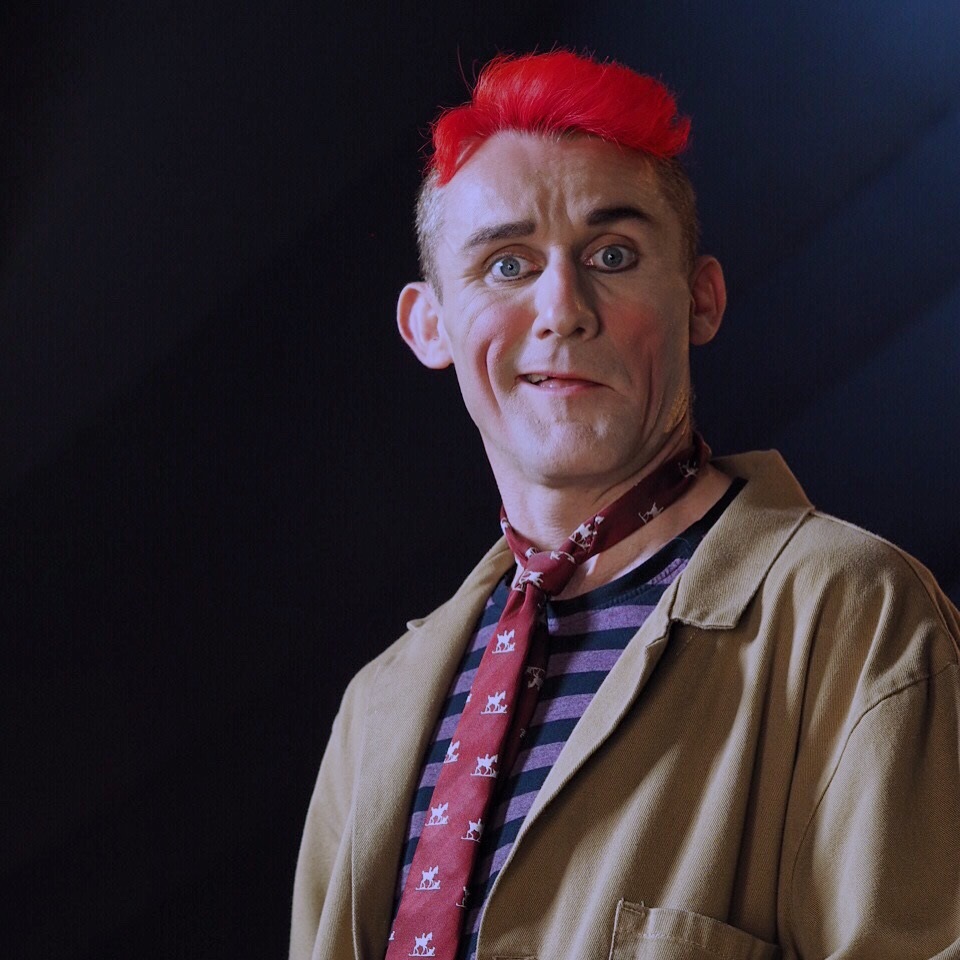
In truth Tweedy had loved performing that play alongside Stockwell. “You’re on stage the whole time,” he says. “I see them as clowns in a dire situation, and you know what they say about clowns: ‘when you look into the eyes of a good clown, you see the humour in the human condition’,” he says.
“Jeremy and I come from similar backgrounds; we love to play and draw the audiences in so they feel involved, and of course we love to create mischief, so I’m really looking forward to having lots of fun.
“Bottom and Puck don’t spend much time together in the play, but Jeremy is also playing one of the mechanicals, Smug, so we do have scenes together. It’s always great if you have chemistry with someone as it becomes infectious. The thing with the clown is to have fun and joy, and when audience sees how much joy you’re having, it rubs off on everyone else. We’re very lucky that it’s a great cast, where we’re having great fun with the play.”
Should you be wondering how Tweedy acquired that name, he explains: “When I first joined Zippo’s Circus, I was going to call myself ‘Weedy the clown’ as my last name is Digweed, but I was told there was already a Weedy, so Zippo himself suggested adding the ‘T’ to make it Tweedy. It just felt right and had a Scottish connection too.”
As ever, Tweedy will be parading his trademark red tuft. “When I first started, I wore big traditional make-up, big shoes etc,” he says. “I never really liked wigs so dyed all my hair red. During a show I did a routine where I’d fall into a birthday cake; I’d lie there for a really long time; I found it got good laughs just to lie there.
“One day, however, the candles didn’t go out. I was lying there thinking, ‘this is getting a bigger reaction than usual’. I then smelled singed hair and realised my hair was on fire. Luckily, I wasn’t hurt. All that was left was a red tuft, which I really liked the look of, so I kept it. I like to think of it as a modern equivalent of a red nose as I no longer wear a clown nose.”
Cheltenham Everyman Theatre Company in A Midsummer Night’s Dream, York Theatre Royal, April 9 to 13, 7pm plus 2pm Thursday and 2.30pm Saturday matinees. Box office: 01904 623568 or yorktheatreroyal.co.uk.
Copyright of The Press, York
Did you know?
TWEEDY has worked as a comic stuntman at Buffalo Bill’s Wild West Show at Disneyland
Paris, performing alongside cowboys and Native Americans.
And finally…
How did you react to receiving a British Empire Medal (BEM) for services to circus and the local community in the honours list, Tweedy?
“Initially confused. I nearly didn’t get it; for some reason they couldn’t get hold of me to accept it; they phoned my agent who thought it was a joke. By the time I got the email to accept, the deadline had passed. Lucky they didn’t stick to the deadline.
“When it was announced, I felt very proud. It’s not something as a clown I expected. It’s also good news for circus as it’s the first time it’s been specifically for circus, opposed to entertainment.”

